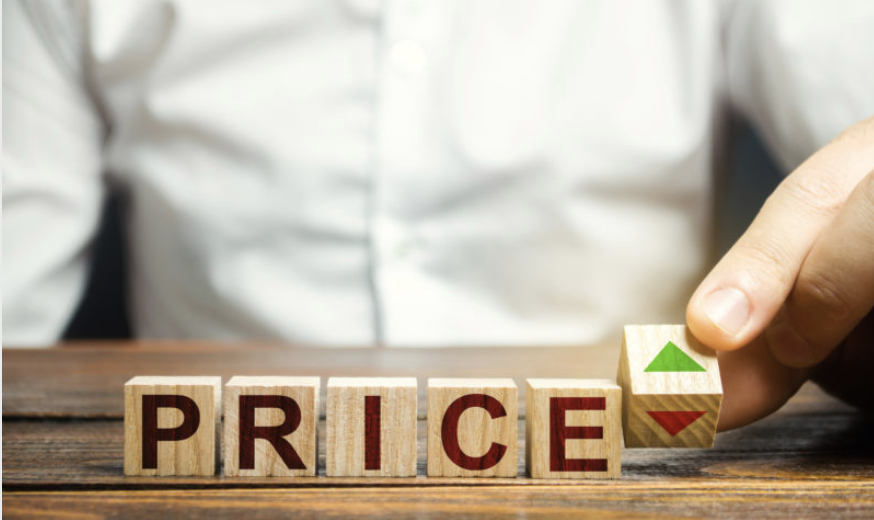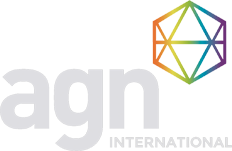Raising prices is essential (for any business) to stay competitive, but it’s not easy. Increasing it too much will lose your customers, and increasing it too little will make your business fall behind others in the market. Knowing how much to raise your prices, when to raise them and how to do it is essential for maintaining a profitable and well-run organization. Froehling Anderson shares some things to consider before raising your prices:
When Should I Increase My Prices?
Knowing when to increase your price is essential. The first thing to consider is your company’s performance. If you are finding there is too much work on your plate, there are long wait times, or the phone is ringing off the hook, then it’s time to increase prices. If your services are in demand, a price hike won’t scare off customers. Looking at your competition can also give you insight if your prices should increase. If your price is significantly lower than a competitor’s, it’s time to catch up.
Time of year also factors in heavily for cost increases. There will be significantly more push back from customers around tax time than around tax return time. Aligning price changes with either positive or negative times in the year respectively can help these changes be easier to swallow for customers.
How Much Should Prices Increase?
Consider your company’s costs, and how the bottom line has fared in the past year. Did you increase your profits? Did a major component of your business get more expensive? These are all factors that can contribute to a price change. Once your company has decided on a price increase, there are two major schools of thought: one large price hike to get the process over with, or small increases more frequently to spread out the impact. Both can be effective but need to be implemented carefully in order to not lose customers. If your company sells more than one product or service, raising certain prices while keeping others steady can be a good way to read the reaction to price increases.
Products vs. Services?
Companies often wonder if it matters for price increases whether they provide a product vs. services. The short answer is that it shouldn’t, but often it does. You know what is best for your company, and if a price increase is needed. So for the company’s financial well-being, it doesn’t matter as long as the numbers add up. The problem is often with customers. It is difficult to increase prices on products much beyond reflecting the component cost. Since there is tangible material being purchased and used to build your product, customers can track it and ask questions. For services, you are valuing the intellectual and creative lifting you do for your customers, which is harder to challenge. This shouldn’t deter your company from increasing the cost of your product or services, but it should inform how you go about notifying your customers.
Planning Makes Perfect
At Froehling Anderson, we have helped many companies forecast, plan and execute price increases without a hitch. Our experienced team has insider knowledge and knows the best avenues to increase your bottom line while keeping customers happy. Our Business Advisory Services can help you create a plan for a price increase, or utilize a Pro Forma financial projection to see how different values would play out. Contact us today to set up an appointment with one of our highly-skilled CPAs at: https://fa-cpa.com/


